According to a VNA reporter in Seoul, the fact that Korean writer Han Kang has just won the 2024 Nobel Prize in Literature, becoming the first Asian female writer to win the award, marks a further expansion of the influence of "Korean Culture (K-Culture)" in the international community.
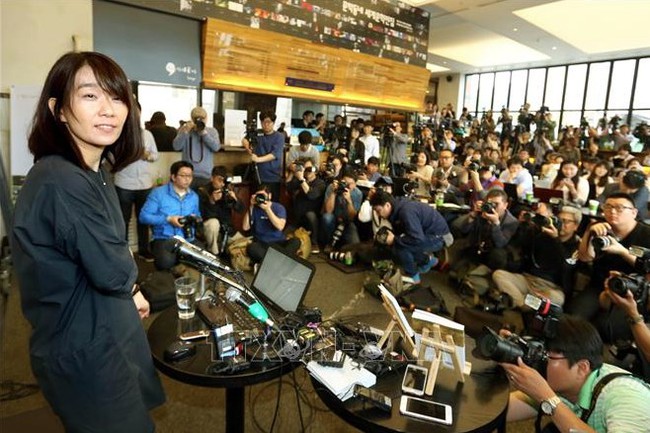
Korean female writer Han Kang. Photo (documentary): Yonhap/VNA
In recent years, the influence of Korean culture is no longer limited to Asia but has continuously expanded to Europe, America, and the Middle East. According to the Korean press, following Korean popular culture (K-POP) represented by the BTS group and Korean dramas (K-Drama) with the phenomenon "Squid Game", Korean food (K-Food) has conquered the taste buds of "foodies" around the world. Not only stopping at music , movies and cuisine, Korean beauty products (K-beauty) and Korean style (K-Fashion) are eagerly sought after by fashion trendsetters. Even Korean literature has begun to attract attention in the international arena.
In 2020, when the world was at a standstill due to the COVID-19 pandemic, the song "Dynamite" by Korean boy band BTS topped the US Billboard singles chart, becoming the first Korean band to top the list. Dynamite is considered to bring comfort and hope to young people around the world thanks to its positive lyrics and vibrant musical style.
For BTS, this is just the beginning. With hits like “Butter,” “Permission to Dance,” and “My Universe,” they have topped Billboard and become one of the top international boy bands. They have been nominated for a Grammy Music Award three times. BTS was recently named the 19th best pop stars of the 21st century by Billboard, which is currently the highest ranking for a Korean pop artist and an Asian pop artist.
The Korean drama “Winter Sonata” aired in 2002 and created a Korean drama craze across Asia. Even today, more than 20 years later, the drama is still talked about by audiences in Japan and other countries. In recent years, with the rise of global streaming platforms such as Netflix, the influence of Korean dramas has expanded to Europe, South America, the Middle East and other regions of the world.
The Korean drama "Squid Game" released in 2021 has created a global phenomenon and also become the most popular TV series in Netflix history. Many Korean dramas such as "School of the Living Dead", "The Glory" ... have continuously created a fever and been widely welcomed by the audience. The second season of "Squid Game" will be released in December this year and is also expected to create another whirlwind of the Hallyu wave.
In the film industry, the South Korean film "Parasite" directed by Bong Joon-ho won the Palme d'Or and the Oscar at the Cannes Film Festival. Thus, 2020 became a memorable year for the Hallyu wave when "Parasite" won the Oscar for Best Picture, and BTS won 3 Billboard No. 1 singles.
In the field of classical music, there is good news almost every year about Korean musicians winning awards at prestigious international competitions. Pianists such as Cho Seong-Jin (International Chopin Piano Competition) and Lim Yun-Chan (Van Cliburn Competition) have won consecutive victories in major competitions.
South Korea's cultural exports to the world have pushed its soft power rankings to continue to rise. British magazine Monocle ranked South Korea's soft power as the second-highest in the world in 2020, after Germany.
The enhancement of soft power has directly "transformed" into significant economic efficiency, with South Korea's food exports reaching a new high. From January to September this year, South Korea's agricultural and foodstuff exports reached 10 trillion won (US$7.4 billion), setting a new record. Seaweed rice rolls (gimbap), fried rice cakes (tteokbboki), Korean fried chicken... have also become one of the country's new cultural symbols.
After winning the International Booker Prize for "The Vegetarian" in 2016, female writer Han Kang has excellently received the Nobel Prize for Literature this year, opening a new era for Korean culture following the success of K-POP, Korean dramas and Korean cuisine.
Cultural critic Kim Kyo-seok believes that Korean culture has gone beyond pure K-POP or K-Food. In the field of literature, which is known as the "cultural elite", Korea has also begun to enter the international arena.
Professor Lee Ji-young of the University of Foreign Studies said the Nobel Prize in Literature could be an opportunity for South Korea to further broaden the vision of cultural workers, move away from the narrow understanding of "making quick money" and make suggestions to promote the overall development of Korean culture.
Source: https://bvhttdl.gov.vn/tac-dong-tu-quyen-luc-mem-cua-van-hoa-han-quoc-20241014141324592.htm


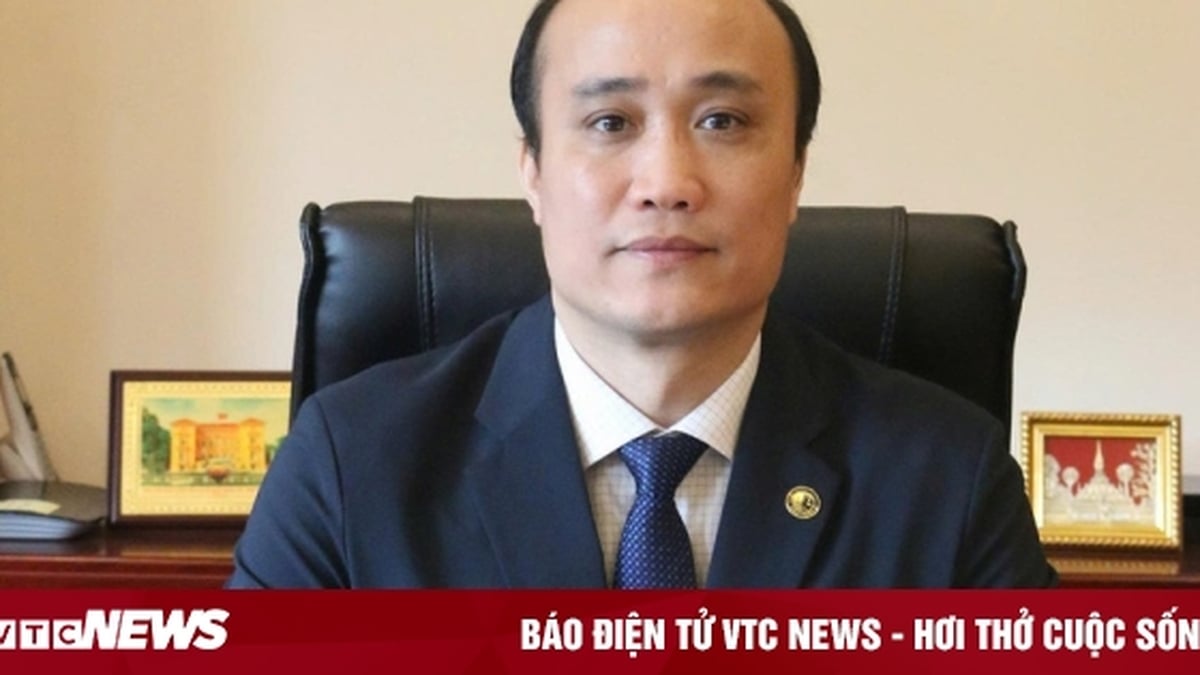

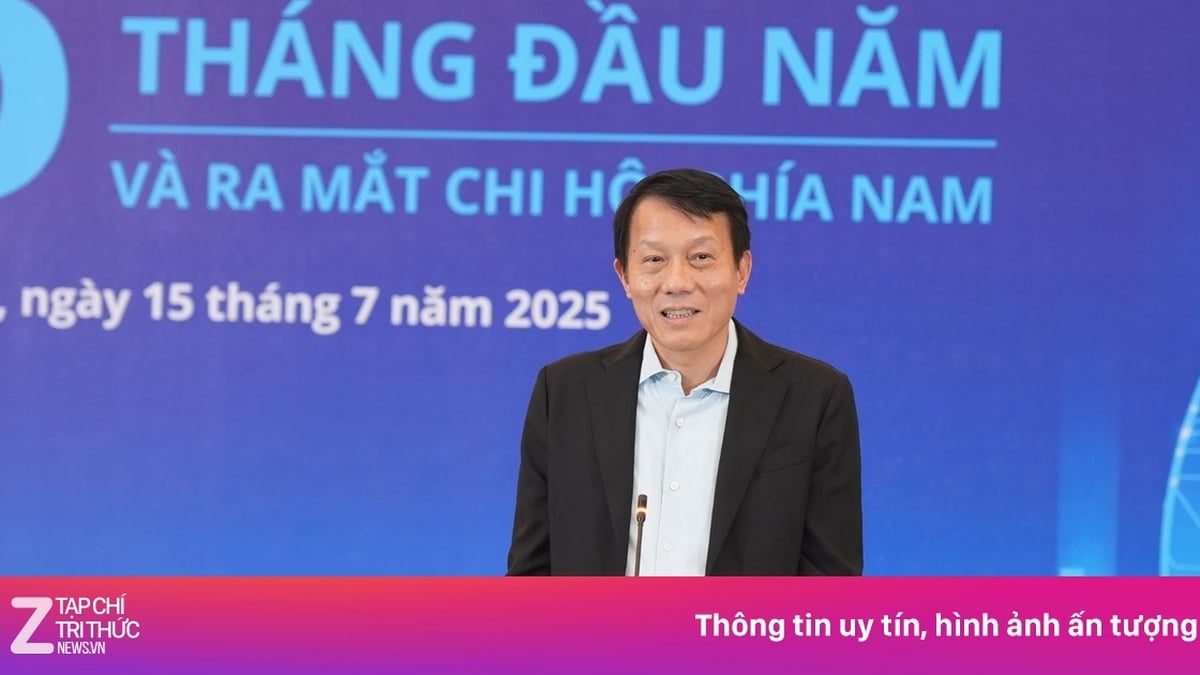
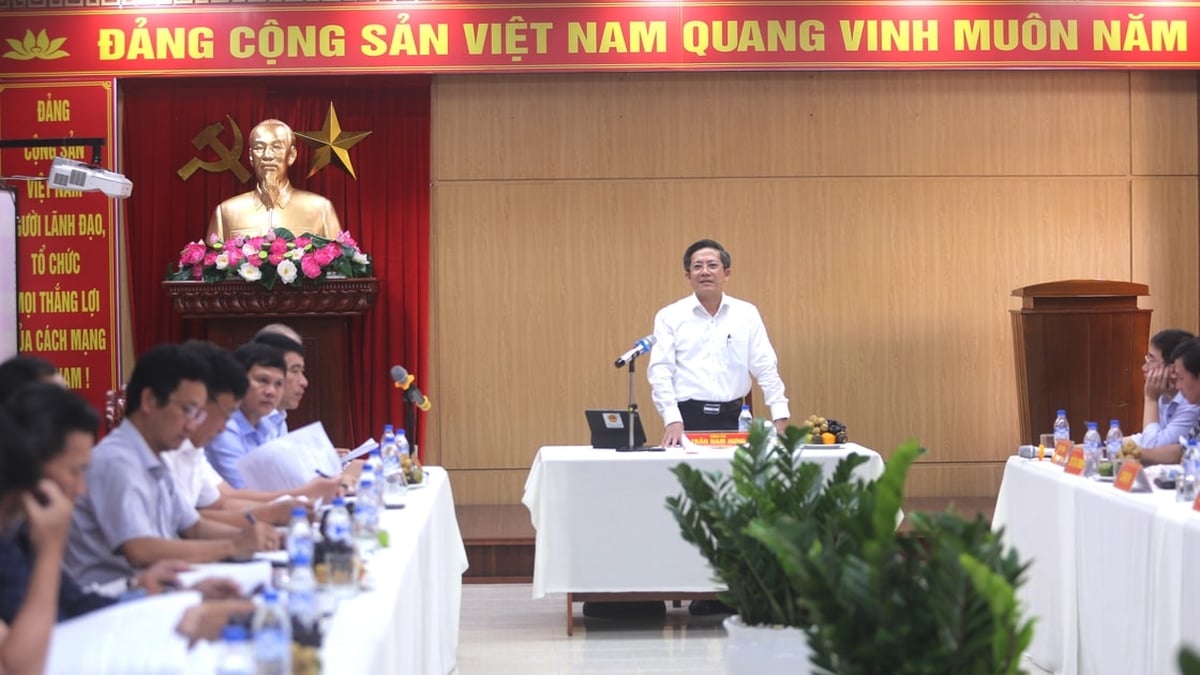














































![[Maritime News] More than 80% of global container shipping capacity is in the hands of MSC and major shipping alliances](https://vphoto.vietnam.vn/thumb/402x226/vietnam/resource/IMAGE/2025/7/16/6b4d586c984b4cbf8c5680352b9eaeb0)
















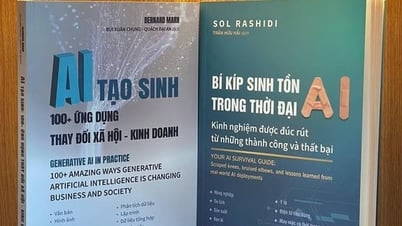


























Comment (0)